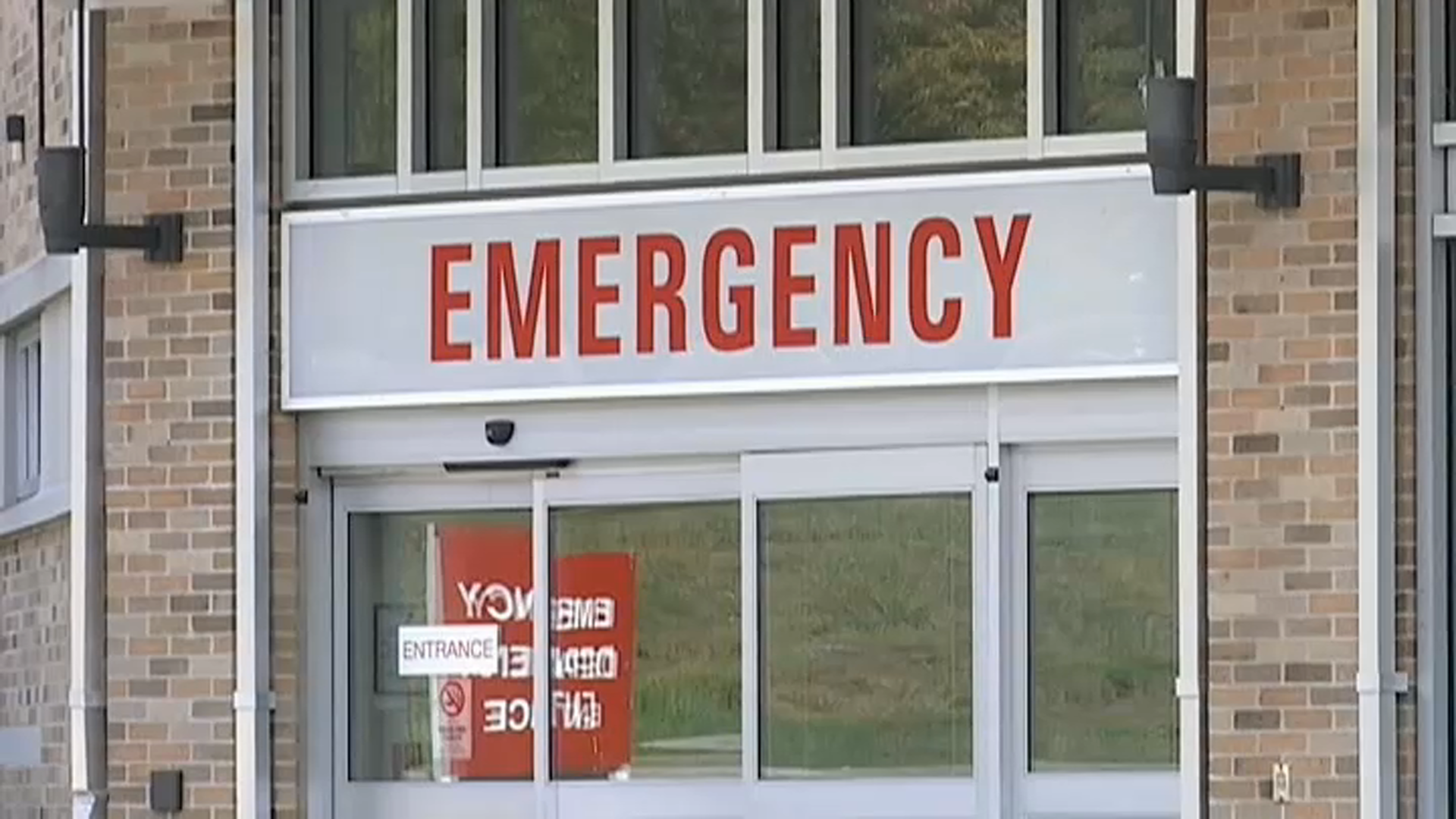A recent study examined the impact of health literacy on medication adherence and quality of life in individuals with childhood-onset systemic lupus erythematosus (cSLE). Health literacy is the ability to acquire, process, and comprehend basic health information and services in order to make informed decisions about one’s health. The study found that inadequate health literacy was prevalent, but those with higher health literacy had better medication adherence and quality of life.
The research included 48 participants between the ages of 10 and 24 who were diagnosed with cSLE. Two common health literacy measurement tools, the Brief Health Literacy Screen (BHLS) and Newest Vital Sign (NVS), were used to evaluate participants’ health literacy levels. Additionally, information on medication adherence, quality of life, and preferences for receiving educational materials about their diagnosis and medications was gathered.
Results showed that two-thirds of participants (67%) had inadequate health literacy according to the BHLS, while almost half (42%) had inadequate health literacy according to the NVS. However, those with higher BHLS scores were more likely to have better medication adherence and quality of life.
Children and teenagers with cSLE often experience more severe symptoms and long-term effects compared to adults. The study suggests that improving health literacy in this population could lead to better outcomes. Further research and attention to health literacy could help improve the management of cSLE in young individuals.



